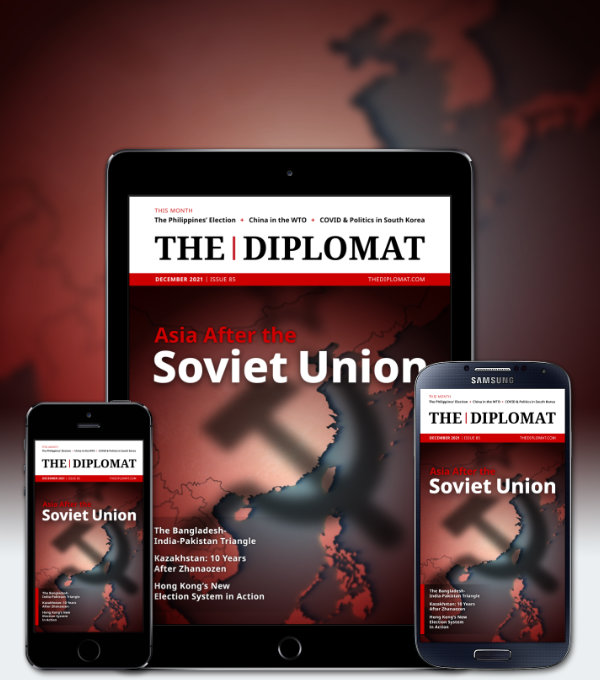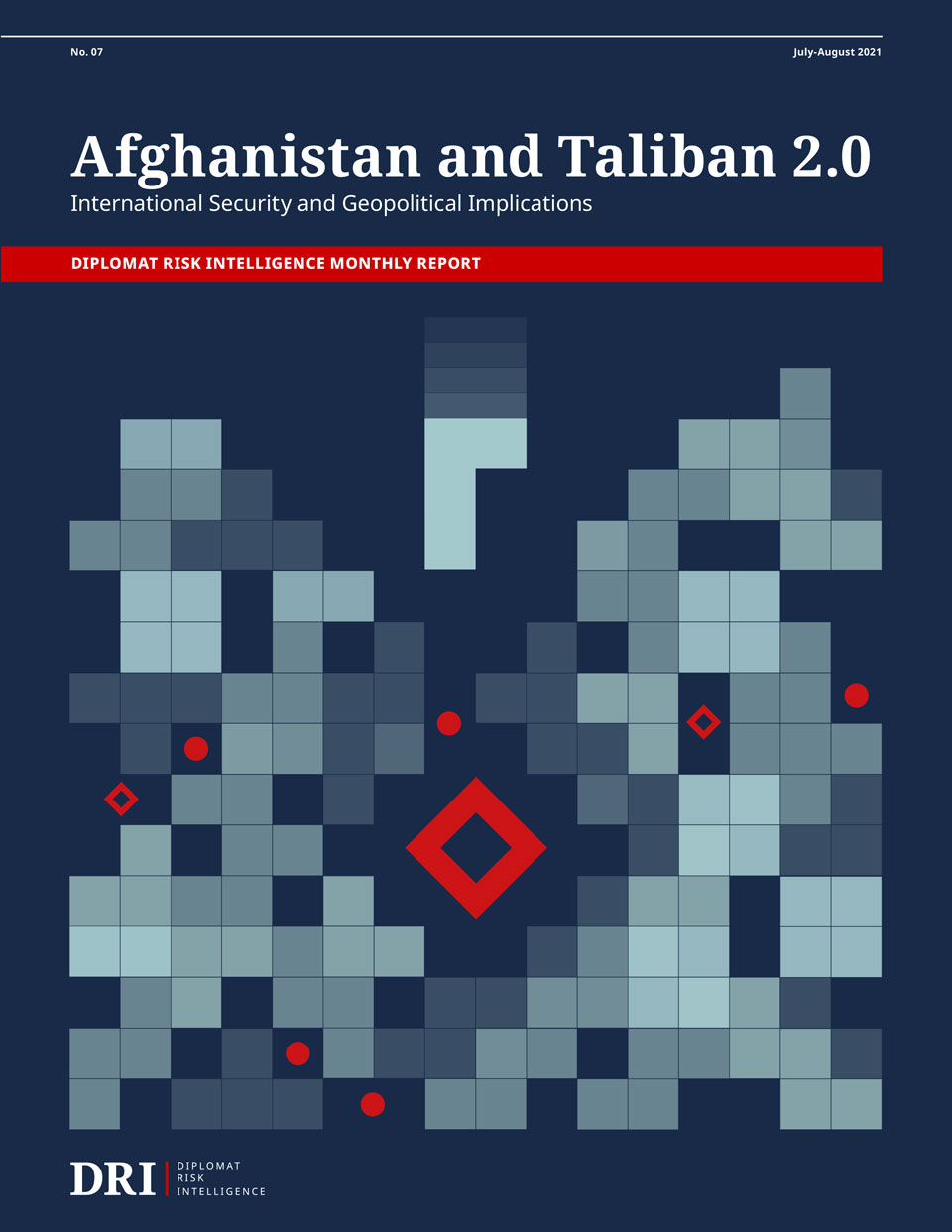| Welcome to the latest issue of Diplomat Brief. This week our top story highlights the resilience of Myanmar’s media despite a bloody crackdown. We also have an interview with Craig Etcheson, the chief of investigations for the office of the prosecution at the Khmer Rouge Tribunal from 2006 to 2012, about the tribunal’s legacy in Cambodia. |
| Story of the week |  | SOCIETY Myanmar’s Media Adapts to the World’s Harshest OppressionWhat Happened: A blossoming media landscape was one of the major achievements amid Myanmar’s uneven progress toward democracy from 2011 to 2020. Since the coup of February 1, however, the junta has cracked down hard on journalists who stray from the military line. Still, a brave band of young freelancers within the country and veteran journalists who have fled to safety abroad are collaborating to shine a light on the reality of junta rule. Our Focus: The resilience of Myanmar’s new media “is partly driven by the ‘Gen Z’ kids, who understand the new tools of reporting and are – it must be said – extremely talented. They ride motorbikes to escape, switch out SIM cards often, and work in every region of the country,” Than Win Htut, the director of current affairs for Democratic Voice of Burma, told The Diplomat. “That said, it is also increasingly difficult to cover this story because of the relative black outs and black holes. There are more clashes now and there are more deaths in detention during interrogation. So many of these incidents are impossible for us to properly document since we require concrete evidence.” What Comes Next: In Myanmar, popular resistance to the coup – including the tenacity of media organizations – has proven longer lived and more determined than similar protests in 1988, Htut said. Myanmar’s youth in particular are determined to “fight with words and guns until they take down the junta.” But with Myanmar’s military also showing no signs of backing down, the violent stalemate that exists today looks likely to persist. Read this story |
| Behind the News | INTERVIEW Craig EtchesonCraig Etcheson, the chief of investigations for the office of the prosecution at the ECCC from 2006 to 2012, and author of the book “Extraordinary Justice: Law, Politics, and the Khmer Rouge Tribunals” on the Cambodian government’s approach to the ECCC: “Hun Sen and his colleagues have always had a complicated and cautious view of the Khmer Rouge trials… which we can see in the way that Cases 003 and 004 – which did not involve senior-level Khmer Rouge leadership – have unfolded at the ECCC.” Read the interview |
| This Week in Asia | Northeast Asia China-Europe Relations at the CrossroadsEuropean countries are split on how to handle a diplomatic boycott of the Beijing 2022 Winter Olympics – a sign of a deeper fragmentation in overall approaches to China. Several Central and Eastern European countries are adopting a tougher line toward China, while major economies like France and Italy remain reluctant to jeopardize ties. The Olympics question will be under discussion on Thursday at an EU meeting, where much could hinge on the new German government’s approach. Find out more | South Asia Anti-AFSPA Movement Gains Momentum in IndiaFollowing the Indian Army’s killing of 14 civilians in Nagaland on December 5, the long-simmering push to repeal the Armed Forces (Special Powers) Act has become a major flashpoint yet again. The chief ministers of three states in India’s Northeast are formally pushing for repeal of the colonial-era law, which grants armed forces immunity from criminal liability. Find out more | Southeast Asia Voters in Sarawak Head to the PollsOn Saturday, residents of the eastern Malaysian region of Sarawak will vote in state elections whose result is set to have far-reaching implications for politics at the federal level. Seeking to distance itself from the racial divisions and political dysfunction of Malaysian politics, the ruling GPS coalition is offering voters a “Sarawak First” message that emphasizes the region’s unique multiethnic identity. A resounding victory for GPS, which currently holds 72 of the 82 seats in the state assembly, could amplify further the longstanding calls for regional autonomy in eastern Malaysia. Find out more | Central Asia Uzbek and Tajik Signs Spark Moscow Metro BacklashSignage at two Moscow metro stations was updated with Uzbek and Tajik text in September, but the head of the Council for Civil Society and Human Rights Committee under the President of Russia has complained that the signs – which aid migrant workers in getting around – are irritating local Russians. Find out more |
| Visualizing APAC |  | People look for their seats inside the Lane Xang EMU train – better known as the Laos-China Railway – which opened to passengers on December 4. See the full picture |
| Word of the Week | SOCIETY Желтоқсан Jeltoqsan, literally “December” in Kazakh, but often used to refer to a specific uprising in Kazakhstan in December 1986. Find out more |
|  |





